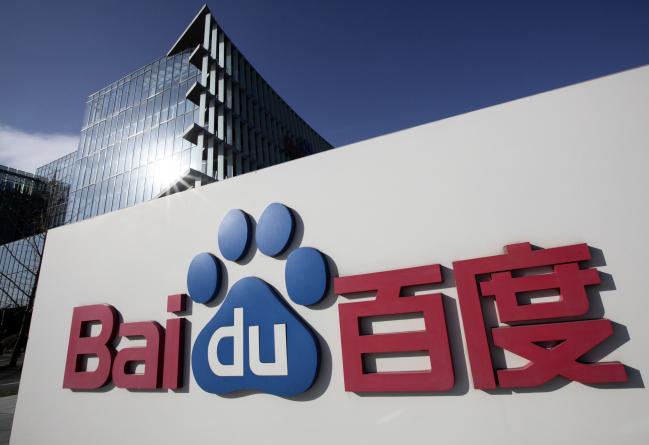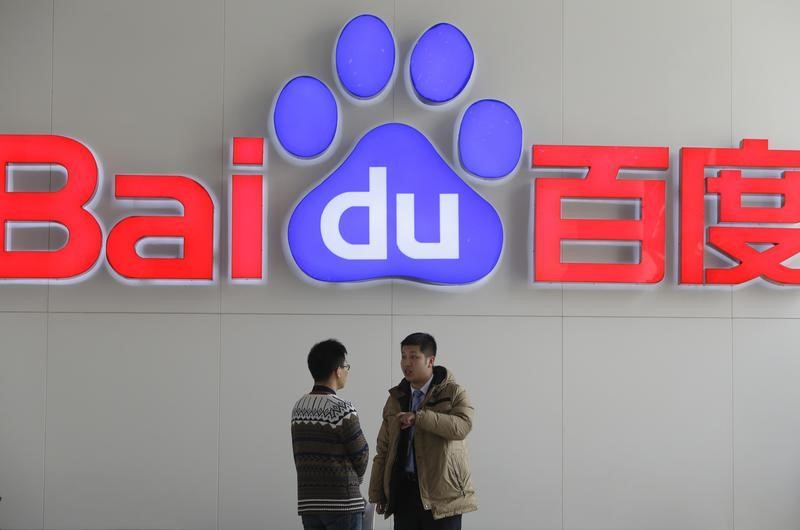(Bloomberg) -- Baidu Inc (NASDAQ:BIDU). reported a smaller slide in revenue than analysts projected and signaled a potential return to growth this quarter, driving its shares 10% higher.
Sales fell 7% to 22.5 billion yuan ($3.18 billion) in the March quarter, surpassing the 21.9 billion-yuan average estimate. It forecast a revenue growth rate of -5% to 4% in the current period.
Baidu’s outperformance shows how investments on content designed to ward off rivals like Tencent (HK:0700) Holdings (OTC:TCEHY) Ltd. and ByteDance Ltd. are beginning to bear fruit. The search giant has tried to diversify its ad revenue sources partly because those twin social media giants had begun to siphon off clients to more interactive formats like ByteDance’s Douyin, the local equivalent of TikTok.
Baidu’s Netflix-style affiliate iQiyi Inc., which competes with Tencent and Alibaba (NYSE:BABA) Group Holding Ltd., grew subscribers 11% in the first quarter. Chief Financial Officer Herman Yu told analysts on a conference call expenses will climb as the search giant ramps up activity such as hiring in the second quarter, now that the country has mostly gotten a grip on Covid-19.
“With the pandemic coming under control in China, offline activities are rebounding and Baidu stands to benefit from a restart of the Chinese economy,” Chief Executive Officer and co-founder Robin Li said in a statement.
Read more: Tencent Game Sales Surge Most in Years in China’s Lockdown
Once the runaway leader in desktop search, Baidu struggled to stay relevant in the mobile era while fending off ByteDance, whose Douyin is growing users at a rapid clip and pushing down industry ad rates. The Chinese startup is the country’s best-performing ad platform this year in terms of impact and traffic, according to Raymond Feng, a Shanghai-based analyst with Pacific Epoch. To compete, Baidu plans to offer subsidies to influencers and direct more traffic to them across its family of apps, including in live-streaming.
“Baidu is gradually losing the market,” Feng said. “Whether it has topline growth recovery as strong as competing platforms in China is most important for the next few quarters.”
Longer term, Baidu is investing in artificial intelligence technology, and betting on the commercialization of that through smart speakers and self-driving cars. It was awarded contracts in March from local governments in cities including Chongqing and Hefei to build smart transportation infrastructure such as road sensors, part of China’s drive to spur the economy through investment in technology.
Oversight by Beijing remains a problem. In April, Chinese regulators suspended some key channels in Baidu’s flagship mobile app citing vulgar content. That two-week punishment could reduce revenue from its core search and feed business in the June quarter by under 2%, according to an estimate by Jefferies (NYSE:JEF) analyst Thomas Chong.
(Updates with iQiyi and comments from the fourth paragraph)
©2020 Bloomberg L.P.

